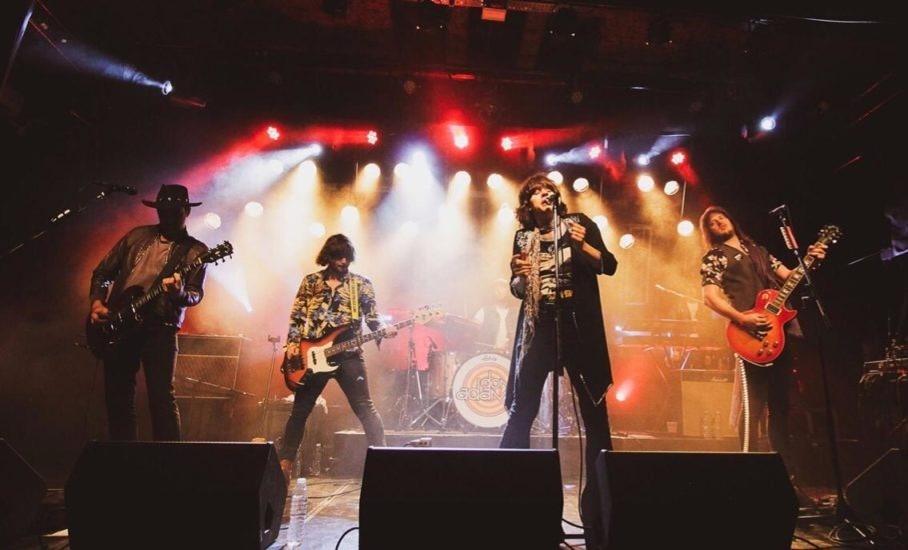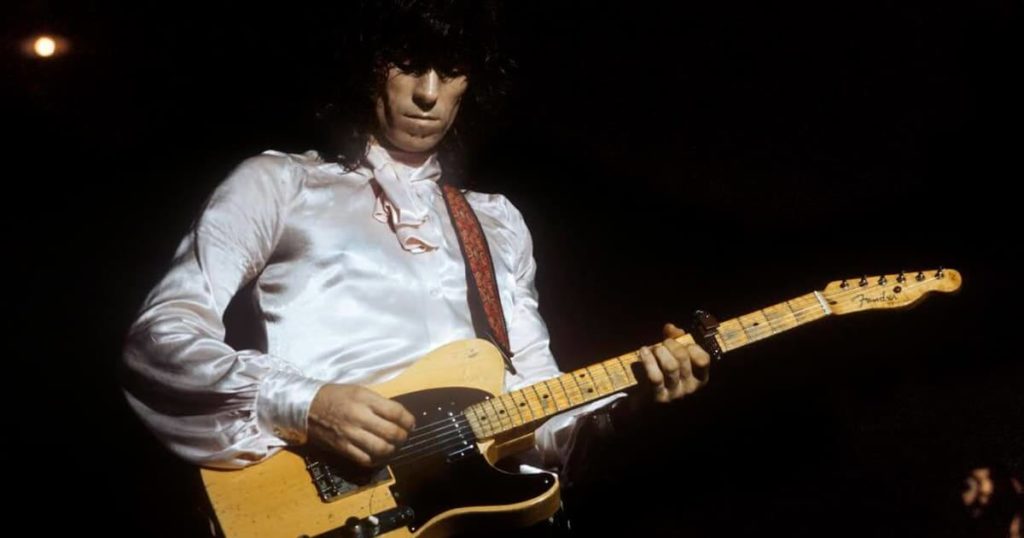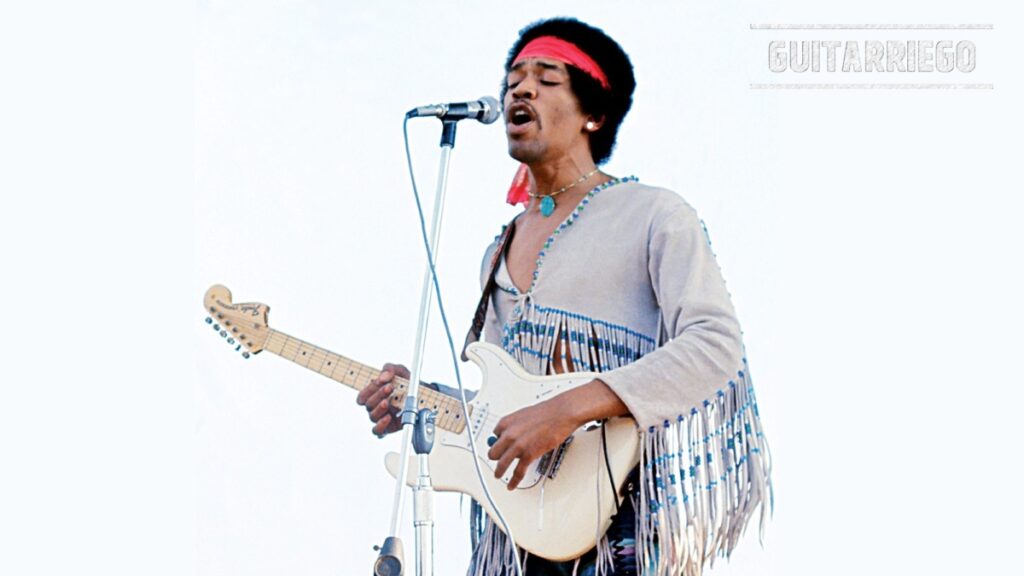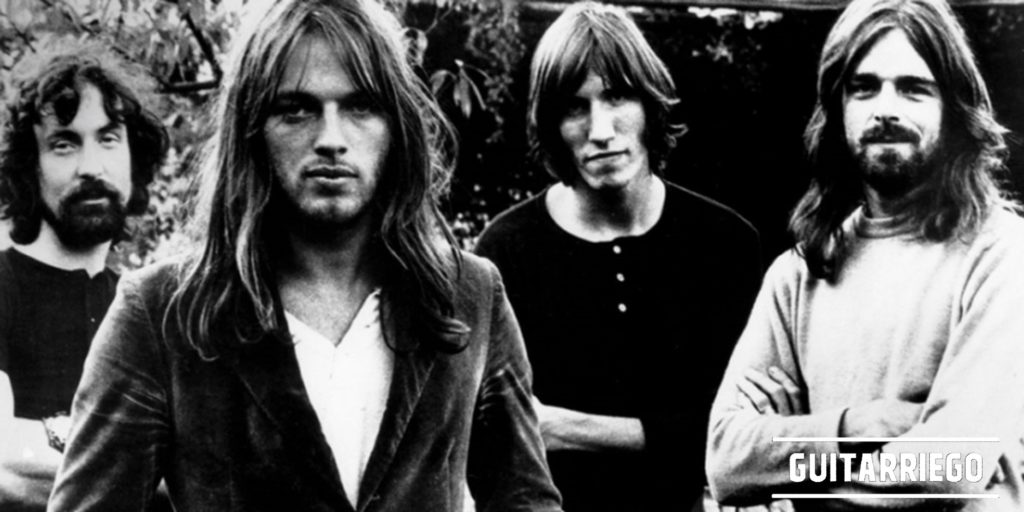History and evolution of Rock in the ’60s, ’70s and ’80s

History and evolution of Rock throughout the ’60s, ’70s and ’80s, with characteristics, musical subgenres, bands and famous artists of each one.
Rock in the ’60s: Innovation and musical evolution
Rock music in the 1960s was a time of great change, innovation, diversity, and experimentation. The decade saw the rise of many new rock subgenres, such as psychedelic rock, folk rock, and hard rock, as well as the continuation of existing styles such as blues rock and garage rock.
At the start of the 1960s, rock and roll was still a relatively new and exciting genre, and many of the biggest hits of the early 1960s were by artists like Chuck Berry, Little Richard, and Elvis Presley. These musicians were known for their energetic performances and catchy, danceable songs.
Without a doubt, Rock would not have existed if it had not been for the electric guitar. For this reason, we also recommend that you read the history of the guitar, from classical to electric and the rarest and most expensive electric guitars in history.

The British Invasion and American Blues and R&B
As the decade progressed, however, rock music began to evolve and take on new forms. In the mid-1960s, groups like the Beatles and the Rolling Stones became popular, bringing a more sophisticated and experimental sound to rock music. These bands were heavily influenced by the music of the British Invasion, as well as American Blues and R&B.
Vox amplifiers were key players in the British Invasion. Don’t miss the history of the Vox AC30 and AC15 amplifiers and their influences on Rock.
Psychedelic rock movement
In the second half of the 1960s, rock music became even more diverse and eclectic. The psychedelic rock movement, led by bands like the Grateful Dead and Jefferson Airplane, brought a trippy, hallucinogenic sound to the genre. Meanwhile, folk rock groups like the Byrds and Simon & Garfunkel brought a more acoustic and introspective approach to rock.

The beginning of Hard Rock and Heavy Metal
One of the biggest advances in rock music in the 1960s was the rise of hard rock and heavy metal. Bands like Black Sabbath and Led Zeppelin played loud distorted music, with lots of riffing and guitar solos and powerful vocals. This style of rock would become very popular in the 1970s and in the decades that followed.
The 60s was the decade where Rock built its foundations
In general, the 1960s were a decade of transformation for rock music. He saw the genre evolve from its early and simple roots into a diverse and complex art form that could incorporate a wide range of influences and styles. The music of the 1960s laid the foundation for many of the rock subgenres that would come to dominate the decades that followed.

You might also be interested in the secret of the style and tone of Jimi Hendrix and his guitar.
Rock in the ’70s: a decade of innovation and musical evolution
The ’70s were a decade of enormous creativity and diversity in Rock music. From hard rock and heavy metal to punk and progressive rock, this was a time period in which many of the most influential bands and artists in rock history emerged.
Expansion and fusion of Rock with other musical genres
One of the main characteristics of the rock of the ’70s was the experimentation and the fusion of different genres. Many bands began to incorporate elements of other styles such as jazz, funk, and ethnic music into their songs, creating a unique and powerful sound.
Emblematic Rock Bands of the ’70s
One of the most important bands of the time was Led Zeppelin, who became one of the most successful rock groups of all time. With their blend of hard rock, blues, and folk, Led Zeppelin redefined what was possible in rock music and set the template for many bands to come.

Don’t miss the history and secrets of Pink Floyd’s Gilmour vs. Waters rivalry.
Another band that stood out in this decade was Queen. With their unique sound and onstage charisma, Queen became one of the most beloved and respected groups in rock history. Their music combined elements of hard rock, opera, and classical music, allowing them to create some of the most iconic and memorable songs of the era.
Progressive Rock: the most experimental side
On the more experimental side of rock, the 1970s saw the rise of progressive rock, characterized by long songwriting, instrumental complexity, and a focus on experimentation and improvisation. One of the most prominent groups in this genre was Pink Floyd, whose music was characterized by its impressive arrangements and its innovative use of technology and sound effects.
The 70s was the decade where Rock expanded its borders
In general, the rock of the ’70s was a time of great creativity and diversity in music. From the most commercial to the most experimental bands, this was a period of time in which some of the best and most influential songs in rock history were created.

Don’t miss Brian May’s fabulous guitar history, the Red Special.
Rock in the ’80s: a time of consolidation and popularity
Rock in the ’80s was an exciting time for the genre. The decade saw the rise of new forms of rock, as well as the rise of some of the most iconic bands in history. Rock ceases to be a merely rebellious style, to be a consolidated and popular genre.
The decade of the ’80s, the best decade for Rock?
In the early years of the decade, rock became more sophisticated and elaborate, with bands like Genesis, Rush, and Pink Floyd experimenting with new forms of production and deeper lyrics.
But as the decade wore on, rock began to take a turn towards pop culture. Bands like Duran Duran, The Police and The Cars incorporated elements of electronic music and New Wave to create a unique sound that resonated with a new generation of fans.
We recommend that you visit this excellent review of the best electric guitars of all time.
The ’80s: cradles of great Rock bands
In addition, the decade also saw the rise of some of the most influential bands in rock history, including Guns N’ Roses, Metallica, and U2. These bands melded elements of classic rock, heavy metal, and punk to create a sound that would be imitated for decades.

In summary, rock in the ’80s was a time of consolidation, which gave rise to some of the most important and enduring bands in the history of the genre.
Rock in the ’90s and 2000s
Rock continued to evolve in the following decades, having as its main protagonist the Alternative Rock that emerged in the ’80s, but which achieved unprecedented popularity in the ’90s with bands like Nirvana, Pearl Jam and Radiohead.
Nowadays, Rock continues to evolve and convert itself, but in general it is considered that the big changes were between the ’60s, ’70s and ’80s.
What do you think of Rock music and its current situation? Do you consider that Rock is dying as many say? Leave us a comment below.
Related Articles: The Best Classic Guitar Amps of All Time.






